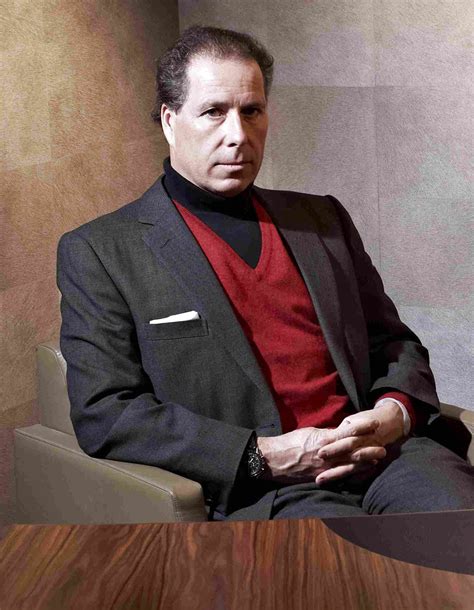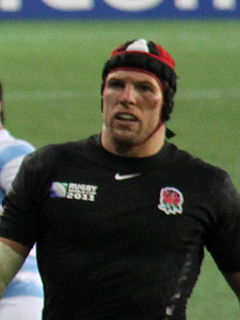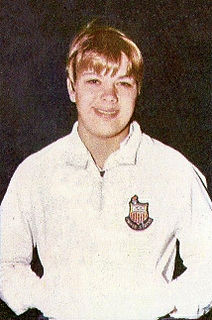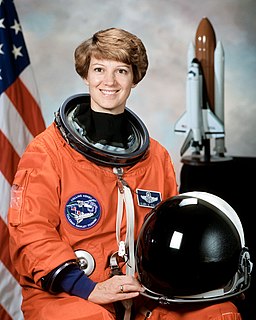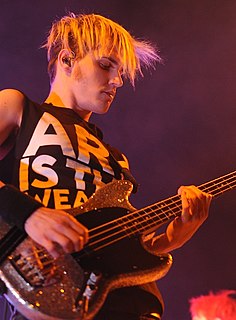A Quote by David Linley
My design teachers were teaching us how to mass-manufacture; how to create something, but it's not lasting - it's always about the next trend, it's the next thing.
Related Quotes
In the course of my movies, the financing and the releasing were always the tough part. Because I loved the creative, I loved the writing, I loved the making of it. Because I guess, I never had the giant blockbuster, I never got that sort of ease for the next one. So the next one was always, "how am I going to do this?" And that thing was sort of always the thing that made me a little chickenshit to go into the next one. The writing of it was great and the making of it was great, but how am I going to release this thing and am I going to find a studio?
If something doesn't turn out as planned, you will ask yourself, 'How did I create that? What was I thinking? What were my beliefs? What did I say or not say? What did I do or not do to create that result? How did I get the other person to act that way? What do I need to do differently next time to get the result I want?'
You know, all is development. The principle is perpetually going on. First, there was nothing, then there was something; then-I forget the next-I think there were shells, then fishes; then we came-let me see-did we come next? Never mind that; we came at last. And at the next change there will be something very superior to us-something with wings. Ah! That's it: we were fishes, and I believe we shall be crows.
I started teaching in '76 and I'd been a photographer at the Geographic for six years. But prior to being at the Geographic I was a teacher. Plus my parents were teachers and my brother and my grandparents. So it was the culture of our family to think about teaching, to talk about teaching, to talk about teachers.
